- FREE QUOTES
- NO CALL OUT CHARGE
- Insured up to £10 million
- 16+ years of experience
- 24/7 Emergency Call Outs
Blocked Drains In Bromley?
CLEARING YOUR BLOCKED DRAINS IN BROMLEY

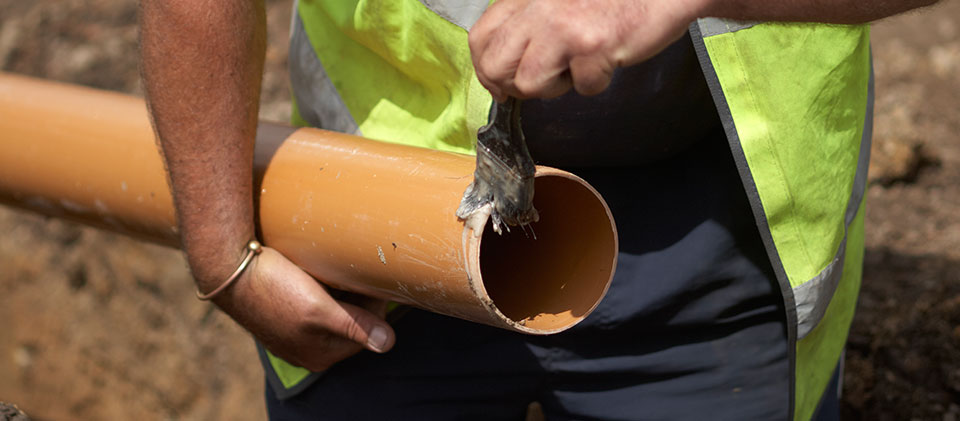
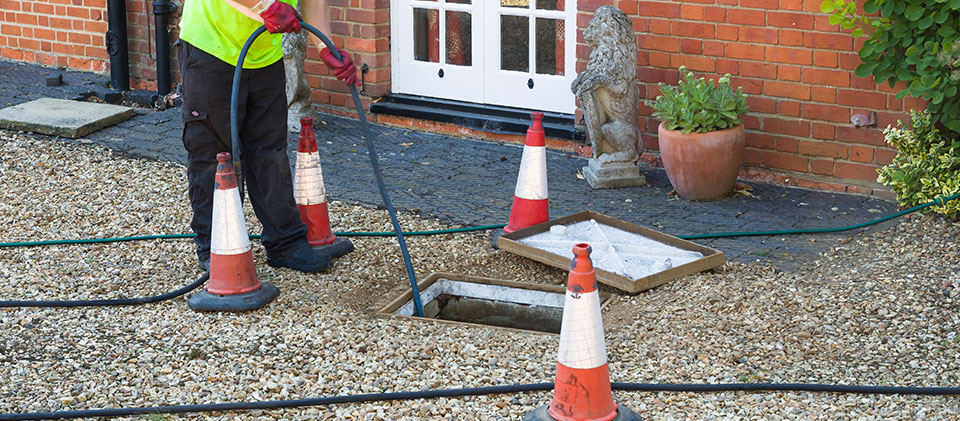
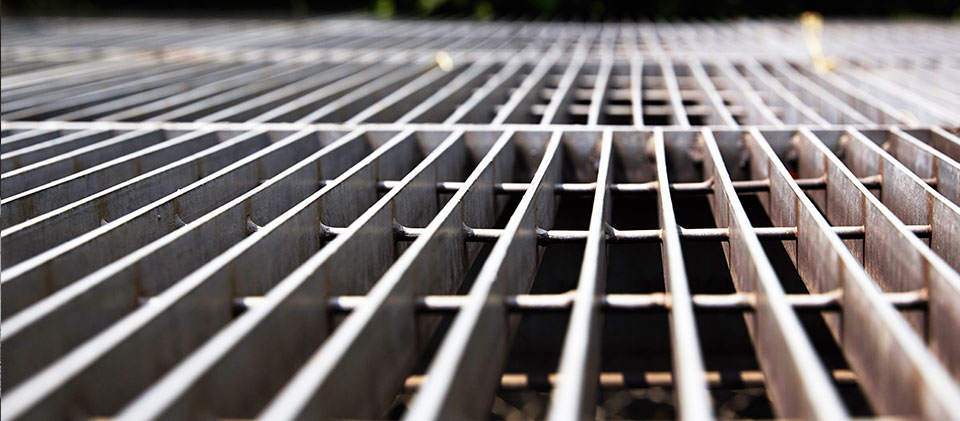
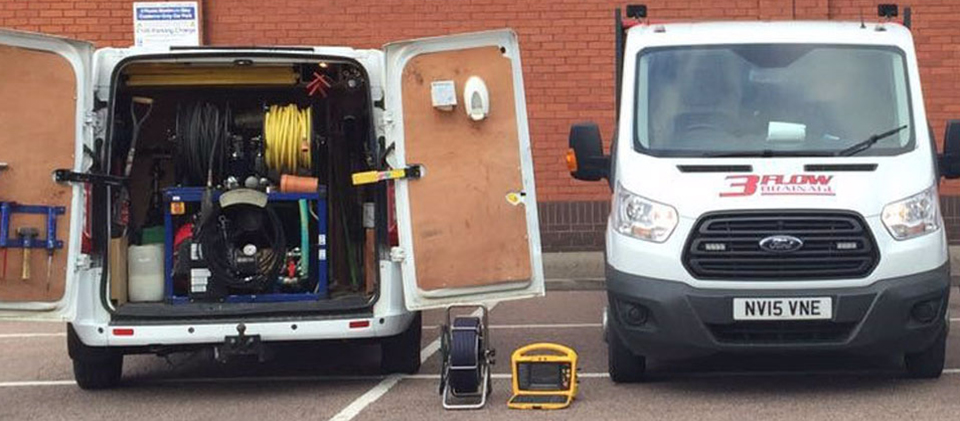
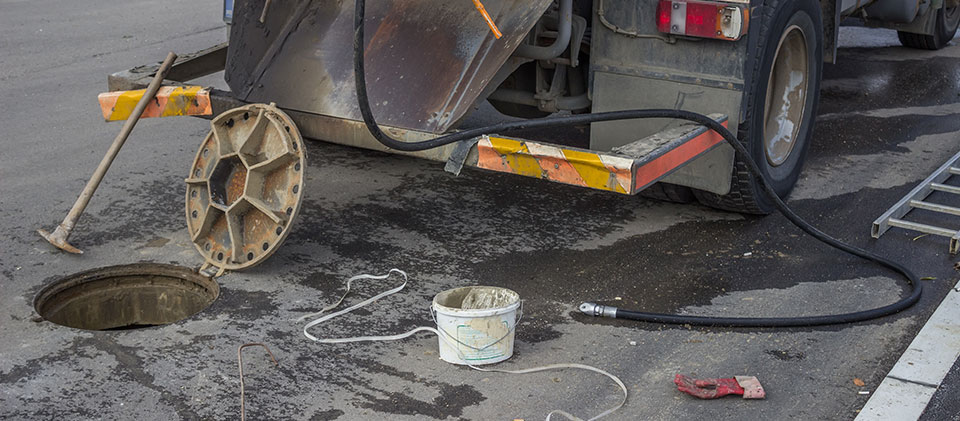
“CCTV Drain Survey Specialist” We specialize in CCTV drain inspection and survey in Bromley and other parts of South East England.
AVOIDING BLOCKED DRAINS IN BROMLEY
- Have bad smells from your drains, sinks and plumbed appliances
- Find that your sinks are slow to clear liquid waste
- Suspect that your drains have cracked, collapsed or clogged.
- Feel that your drain needs to be repaired.
- Have a gurgling or gulping sound coming from the waste inlets or toilet
Minor blockages can sometimes be cleared using hot water, plungers, or over-the-counter drain cleaners. However, stubborn or recurring blockages often require professional equipment and expertise.
We offer rapid response times and 24/7 emergency services. In most cases, we can be with you on the same day, often within a few hours.
Costs vary depending on the severity and location of the blockage. We offer clear, upfront pricing with no hidden charges and can provide a quote after a quick assessment.
Yes. We handle blocked drains for domestic, commercial, and industrial clients, including homes, restaurants, offices, schools, and more.
Not usually. We use non-invasive methods like high-pressure jetting and CCTV surveys to locate and clear blockages. Excavation is only needed for severe or collapsed pipes.
Yes, we use advanced CCTV technology to inspect drains, locate blockages or damage, and identify long-term issues. It’s ideal for both reactive and preventative maintenance.
Avoid pouring fats or oils down sinks, use drain guards, and dispose of hygiene products properly. Regular professional cleaning also helps keep drains flowing freely.
- 16+ Years of Experience – With our years of experience in the drainage industry of London & Kent, we are able to deal with any complex drain related problem be it of drain blockage or new drainage installation.
- Fully Insured – We are fully insured up to £10 million. And we also specialize in insurance work.
- Well-qualified and Professional Team – All of our drain engineers and operator are fully qualified in their field and thus guarantees best quality service.
- No hidden charges and no call out charge
- Most competitive rates guaranteed
- Fully Equipped with latest tools, equipment and vehicles
BROMLEY BLOCKED DRAINS TEAM
Serving the historical market town of Bromley for over 16 years
When it comes to the maintenance of drainage systems and septic tanks, trust the experts at 3 Flow Drainage. We offer a comprehensive range of drainage services for homeowners, business owners and local councils in Bromley and across Central and Greater London and the county of Kent. Our engineer is Bromley based, and offers round the clock support for clients either at home or at work, at competitive prices. Our friendly and reliable team is trained to tackle all types of drain emergencies including burst pipes and overflowing septic tanks, to clearing blocked toilets, drains and manholes.
We use efficient techniques like CCTV surveys and high pressure drain jetting to maintain even the largest of drainage systems with ease. If you need our professional advice on which septic tank is ideal for your property or you require drain excavation services, then call 3 Flow Drainage, a reputable drainage company in Bromley. We also serve customers in Dartford, Margate, Maidstone, Dover and the surrounding areas in Kent and across South East England.
CUSTOMERS IN BROMLEY CAN RELY ON US FOR:
- Septic tank vacuuming
- Commercial drain maintenance
- Gulley drain unblocking
- Drain root removal
- Emergency blocked drain call-out
- Cesspool cleaning
BLOCKED DRAINS IN BROMLEY CAN CAUSE UNNECESSARY STRESS
Some people go a whole life time without experiencing a blocked drain. Unfortunately, others just aren’t as lucky, but there are many reasons why your sink might be backing up, your toilet isn’t flushing properly, or the water from your bath isn’t draining quickly.
A blocked drain could well be the result of a drain line having collapsed. Or a tree root could have pierced its way through the drain pipe and creating a blockage. Our Bromley based drainage engineer will be able to assess the situation by using our high tech drainage equipment which literally shows us the problem. This allows us to approach the issue in the correct manner, and letting us get the drain unblocked in the most suitable and cost effective way.
You have ample choice of blocked drain experts in Bromley, but choose 3 Flow Drainage today and we won’t let you down. 3 Flow Drainage is a well-established blocked drains company in Bromley. Get in touch with our team for 24/7 drainage services.
HELP WITH THE CAUSES OF BLOCKED DRAINS IN BROMLEY
Drain blockages can cause a significant amount of stress and inconvenience to homeowners and residents in Bromley, UK. Blocked drains can lead to slow water drainage, foul odors, and even flooding in some cases. It’s essential to take the necessary steps to prevent drain blockages and maintain the proper functioning of your drainage system. In this comprehensive guide, we will discuss several methods to stop drains from blocking in Bromley, UK.
- Dispose of Waste Properly
One of the primary causes of blocked drains is the improper disposal of waste. To prevent blockages, it’s essential to dispose of waste correctly.
Grease and Fats: Avoid pouring grease, fats, and oils down the sink, as they can solidify and cause blockages. Instead, collect them in a container and dispose of them in the trash.
Food Scraps: Use a sink strainer to catch food particles and other debris. Make sure to empty the strainer regularly and dispose of the contents in the bin.
Hair: Place a hair trap over your shower and bathtub drains to prevent hair from entering the drainage system. Clean the trap regularly.
Toiletries: Do not flush items such as baby wipes, sanitary products, or cotton buds down the toilet. These items can cause blockages in the sewer system. Dispose of them in the bin instead.
- Regular Drain Cleaning
Keeping your drains clean can help prevent blockages from forming. Here are some steps to follow for regular drain cleaning:
Use a drain cleaning solution: Pouring a mixture of hot water, baking soda, and vinegar down your drains can help break down organic material and prevent blockages. Do this once a month to keep your drains clear.
Clean drain covers: Remove and clean drain covers in your shower, bathtub, and sinks regularly to prevent the buildup of hair, soap scum, and other debris.
Schedule professional drain cleaning: It’s a good idea to schedule a professional drain cleaning service every year or two, depending on your household’s needs. Professional plumbers have the necessary tools and experience to remove stubborn blockages and thoroughly clean your drains.
- Install Drain Guards
Drain guards are a simple and effective way to prevent drain blockages. These devices are designed to catch debris before it enters the drainage system. They are available in various sizes and materials and can be installed in sinks, showers, and bathtubs. Regularly clean and maintain your drain guards to ensure their effectiveness.
- Maintain Trees and Plants
Root intrusion from trees and plants is a common cause of blocked drains. As roots search for water sources, they can penetrate pipes and cause significant damage. To prevent root intrusion:
Plant trees and large shrubs away from drainage pipes and sewer lines.
Regularly prune and maintain trees and plants near your property to control root growth.
Seek professional help if you suspect root intrusion in your drains. A plumber can use specialized equipment to remove roots and repair any damage to your pipes.
- Educate Family Members and Housemates
It’s crucial to educate your family members and housemates about proper waste disposal and the importance of keeping drains clear. Establish guidelines for disposing of fats, oils, food scraps, and other materials that can cause blockages. Encourage everyone in your household to follow these guidelines and contribute to maintaining a blockage-free drainage system.
- Inspect and Repair Damaged Pipes
Damaged or deteriorating pipes can cause blockages and other drainage issues. Regularly inspect your property’s pipes and sewer lines for signs of damage, such as cracks or leaks. If you notice any issues, contact a professional plumber to repair or replace the damaged pipes.
Bromley, a large town in Greater London, has a rich history that dates back to ancient times. Over the centuries, Bromley has transformed from a rural village to a bustling metropolitan area. This comprehensive guide will explore the fascinating history of Bromley, UK, detailing its origins, significant events, and the evolution of the town.
- Early Origins
The history of Bromley dates back to the Roman era when the town was originally known as “Bromleag,” meaning “woodland clearing where broom grows” in Old English. Bromley’s location along the Roman road between London and Lewes suggests that the area was occupied and utilized by the Romans.
During the Anglo-Saxon period, Bromley became a significant settlement under the reign of King Ethelbert of Kent. In 862 AD, the town was referred to as “Bromleag” in the Anglo-Saxon Chronicle, a collection of annals detailing the history of the Anglo-Saxons.
- The Medieval Period
In the medieval period, Bromley played a crucial role in the manorial system, which was the backbone of English society. The Manor of Bromley was established in the early 13th century, and it remained an important manor throughout the medieval period.
In 1185, the Archbishops of Canterbury took control of the Manor of Bromley, which led to a series of developments, including the construction of Bromley Palace. The palace served as a residence for the archbishops, including the famous Thomas Becket, who frequented the town on several occasions.
During this period, Bromley was a small, rural village, and its economy relied heavily on agriculture. The town was also known for its thriving market, which attracted traders and customers from the surrounding areas.
- The Tudor and Stuart Periods
During the 16th and 17th centuries, Bromley continued to be an important center for the Church of England. The town was visited by several prominent figures, including King Henry VIII and his daughter, Queen Elizabeth I.
The Elizabethan era saw the construction of several grand houses in the Bromley area, such as the Grade I listed Down House, which was built in the late 16th century. These houses showcased the wealth and status of their owners and became an integral part of Bromley’s landscape.
In 1643, during the English Civil War, a skirmish took place in Bromley between the Royalist and Parliamentarian forces. The conflict resulted in the capture of several Royalist soldiers, who were later imprisoned in Bromley Palace.
- The Georgian Era
The 18th century saw significant changes in Bromley, as the town became increasingly popular as a residential area for wealthy Londoners seeking a rural retreat. The construction of elegant Georgian homes, such as Sundridge Park and Bishop’s Palace, contributed to Bromley’s transformation into a fashionable destination.
During this period, Bromley’s population began to grow, and the town’s economy expanded, with the introduction of new industries such as silk weaving and printing.
- The Victorian Age
The arrival of the railway in Bromley in 1858 had a profound impact on the town’s growth and development. The railway connected Bromley to London, making it an attractive location for commuters and leading to a rapid increase in population.
Throughout the 19th century, Bromley underwent significant urban development, with new housing estates, shops, and public buildings being constructed to accommodate the growing population. The town’s infrastructure also improved, with the introduction of gas lighting, a sewer system, and a clean water supply.
- Homepage
- Drainage Services
- CCTV Drainage Surveys
- Privacy & Cookie Policy
- Terms of Use

